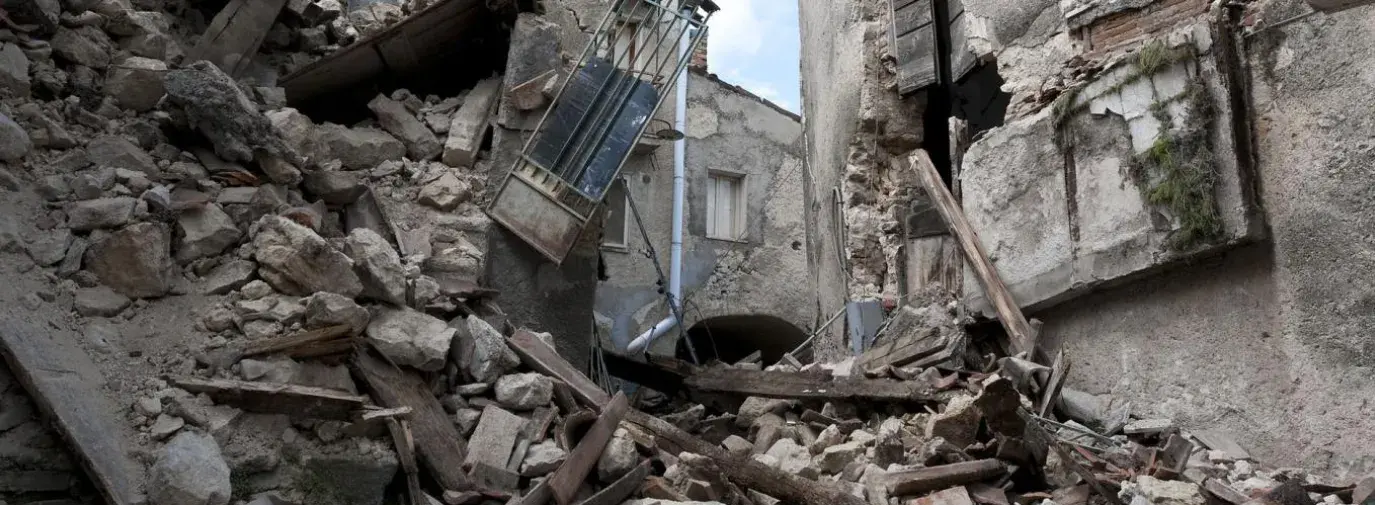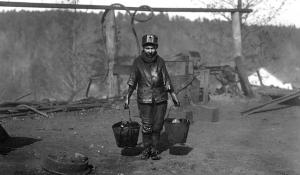
While no court ruling or monetary sum could undo the hardships faced by thousands of garment workers and their families after the 2013 building collapse in Dhaka, Bangladesh, two recent events help to bring some justice to victims.
First, on June 1, 2015, Police in Bangladesh charged 41 people with murder over the collapse of the Rana Plaza garment factory complex, including several owners of the factories inside. The trial is set to begin June 28.
Then, on June 10, the Rana Plaza Trust Fund reached its goal of $30 million to compensate injured workers and the children of workers who died in the garment factory collapse more than two years ago. In all, 1,138 people lost their lives, and more than 2,500 were injured.
The Rana Plaza Trust Fund was established by the International Labor Organization (ILO) to collect money to cover loss of income and medical expenses for Rana Plaza victims and their families, some 5,000 claimants.
Brands who manufactured in Rana Plaza, as well as brands who manufactured elsewhere in Bangladesh, were asked to contribute to the fund, based on their size, and involvement in Bangladesh. This was not the first building catastrophe in the Bangladeshi garment sector, and Rana Plaza was far from unique in the way that it was run.
As the two year anniversary of the collapse—and fund deadline—approached, consumer pressure on brands that were slow to contribute mounted.
Green America worked with allies like the International Labor Rights Forum and The Clean Clothes Campaign to pressure Walmart ($482 billion in annual sales), Inditex (owner of Zara) ($18.9 billion), JCPenney ($11.9 billion), Mango ($4.5 billion), The Children’s Place ($1.8 billion), and United Colors of Benetton ($1.6 billion) to contribute, or increase their contribution, to the fund.
In response to pressure, both The Children’s Place and Inditex increased their contributions to compensate victims. The Clean Clothes Campaign maintains a list of which brands contributed what.
After reaching this goal, Kalpona Akter, executive director of the Bangladesh Center for Worker Solidarity, shared with The Guardian, “In comparison to the loss of families and victims, compensation doesn’t really alter anything,” Akter says. “But it will still help at least to send these kids to school and to put food on the table for these families. I want to thank every single person who was involved in this campaign, everyone who sent even one sentence to a brand and asked for compensation for these families.”
Thank you to all Green Americans who joined us in putting pressure on clothing brands.






